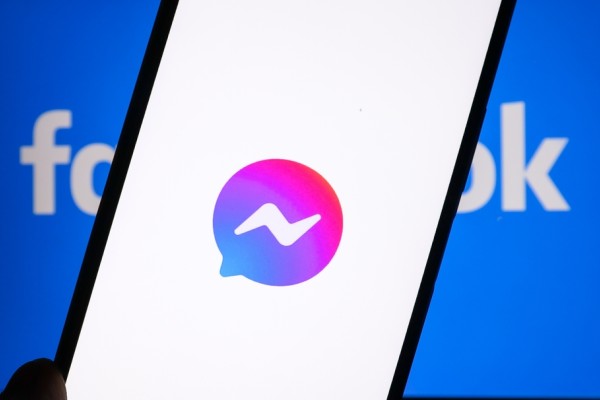Meta launches end-to-end encryption on Messenger and Facebook
07/12/2023 | The Guardian
In a recent announcement, Meta has confirmed that it has begun rolling out end-to-end encryption (E2EE) by default across Messenger and Facebook. The new features took years to develop as engineers, designers, cryptographers, and others rebuilt the app from the ground up. The encryption is built on the Signal protocol and Meta's own Labyrinth protocol.
While the new features will be available immediately, it will take months for default end-to-end encryption to be rolled out to the more than 1 billion users on the platform. Meta confirmed that it will no longer have access to the contents of what users send or receive unless one user in a chat chooses to report a message to the company.
On Thursday, the UK government accused Meta of empowering child sexual abusers after the social media company began rolling out default E2EE on its Messenger and Facebook platforms. Home Secretary James Cleverly called the move a "significant step back" for child safety and said that "Law enforcement, charities and our close international partners all agree: these plans to roll out end-to-end encryption without appropriate safety measures will empower child sex abusers and hamper the ability of the police and NCA [National Crime Agency] to bring offenders to justice."

What is this page?
You are reading a summary article on the Privacy Newsfeed, a free resource for DPOs and other professionals with privacy or data protection responsibilities helping them stay informed of industry news all in one place. The information here is a brief snippet relating to a single piece of original content or several articles about a common topic or thread. The main contributor is listed in the top left-hand corner, just beneath the article title.
The Privacy Newsfeed monitors over 300 global publications, of which more than 6,250 summary articles have been posted to the online archive dating back to the beginning of 2020. A weekly roundup is available by email every Friday.

